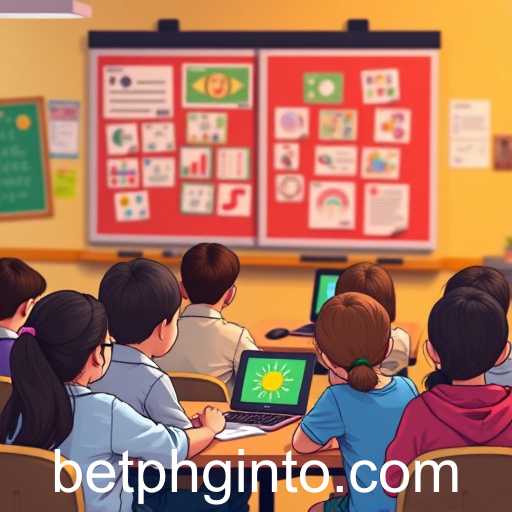In recent years, educational landscapes have evolved dramatically with the advent of technology, and game-based learning is increasingly at the forefront of innovative teaching methods. Platforms like Phginto, an English game website, illustrate how digital games are not just for entertainment but also powerful tools for education.
Phginto has emerged as a key player in this transformation. With its diverse array of educational games aimed at enhancing cognitive skills, the platform offers both students and teachers new ways to engage with content. As we navigate the technological advancements of 2025, the integration of gaming into educational contexts is proving to be more than just a trend – it is an effective strategy embraced by forward-thinking educators.
The allure of game-based learning lies in its ability to captivate students’ attention and provide instant feedback, aspects that traditional educational methods often lack. Games on Phginto, particularly those designed to improve language skills and problem-solving abilities, have shown promising results in boosting student engagement and knowledge retention.
Reports indicate a significant spike in educational achievement in classrooms that incorporate these dynamic tools. Teachers are noticing that students are more motivated and willing to participate in classrooms where game elements are present. This creates a competitive yet cooperative environment, prompting students to achieve higher learning outcomes.
However, integrating platforms like Phginto isn't without its challenges. Educators must carefully select games that align with their curriculum and ensure that the digital distraction factor is minimized. As the conversation around technology in classrooms continues, it is crucial to strike the right balance between traditional teaching methods and innovative practices like game-based learning.
Phginto and other platforms are setting a precedent in education technology, encouraging more institutions to rethink their approach to student engagement and content delivery. As we progress further into 2025, it is expected that such platforms will become integral components of the educational framework, driving a new era of learning that leverages the power of interactivity and immersion.








